1. The Cover
Not all structural warranty policies provide the same level of cover.
Whilst some differences may be subtle others can be more dramatic and potentially leave your buyers unprotected. There is also no consistency on the level of excess or financial limits. Obviously the best way to completely understand any insurance policy is to read it in full, but assuming you don’t have time for that we have provided some useful questions that you might want to ask;
- What is the policy excess?
- Is water ingress excluded from cover?
- What is the financial limit for each house?
- Is there an overall policy limit?
- Does the policy include a defects period?
2. The Insurer
Most structural warranty companies provide insurance policies underwritten by insurers rather than underwriting the policy themselves. This means that any claims will be paid by the insurer backing the policy.
Structural warranties are for a 10 year period, so it is more important than usual to ensure that the insurer you choose will be around for the duration of the policy.
This may seem straightforward but how can you know whether an insurer is secure?
In truth you can’t be 100% sure, but one way to check is to ask who the insurer is behind the policy and what is their financial rating? You can find more information on what ratings mean here.
3. Level of Experience
If you were choosing a sub-contractor would you choose the company with a proven track record, or someone completely new to the industry?
We are guessing you would go with the more experienced sub-contractor, so why would your insurance provider be any different? Providing 10 year structural warranties means that it takes over 10 years for a company to have any customers that have been through the entire process. To be sure you are dealing with an experienced company you might want to ask;
- How long they have been providing structural warranties?
- Are they a member of the Consumer Code for Home Builders or New Homes Quality Code?
- Are they accepted by mortgage lenders?
4. Risk Management and Technical Support
Whilst you are buying an insurance product, it is important to take into account that the warranty provider will be working alongside you for the duration of the build. With this in mind it is important to understand how they operate on site.
- Do they employ their own surveyors?
- Do they have clear technical standards?
- What technical support can they provide?
5. Customer Service
Similarly to risk management and technical support the customer service provided by your provider will affect your day to day experience including the issuing of your certificates at the end of the build.
- Will you have a dedicated point of contact / account manager?
- How quickly can you expect a response to your query?
- How do I get my certificates after completion?
- How will you track and measure site performance e.g. site reporting and Extranet access?
- Will you be provided with any homeowner feedback?
6. Value
We understand that margins can be tight, but rather than putting ‘cost’ or ‘price’ first, it is worth considering what you are getting for your money. Before you make a decision based solely on price, make sure you are happy with the answers provided to the above questions.


Have your say